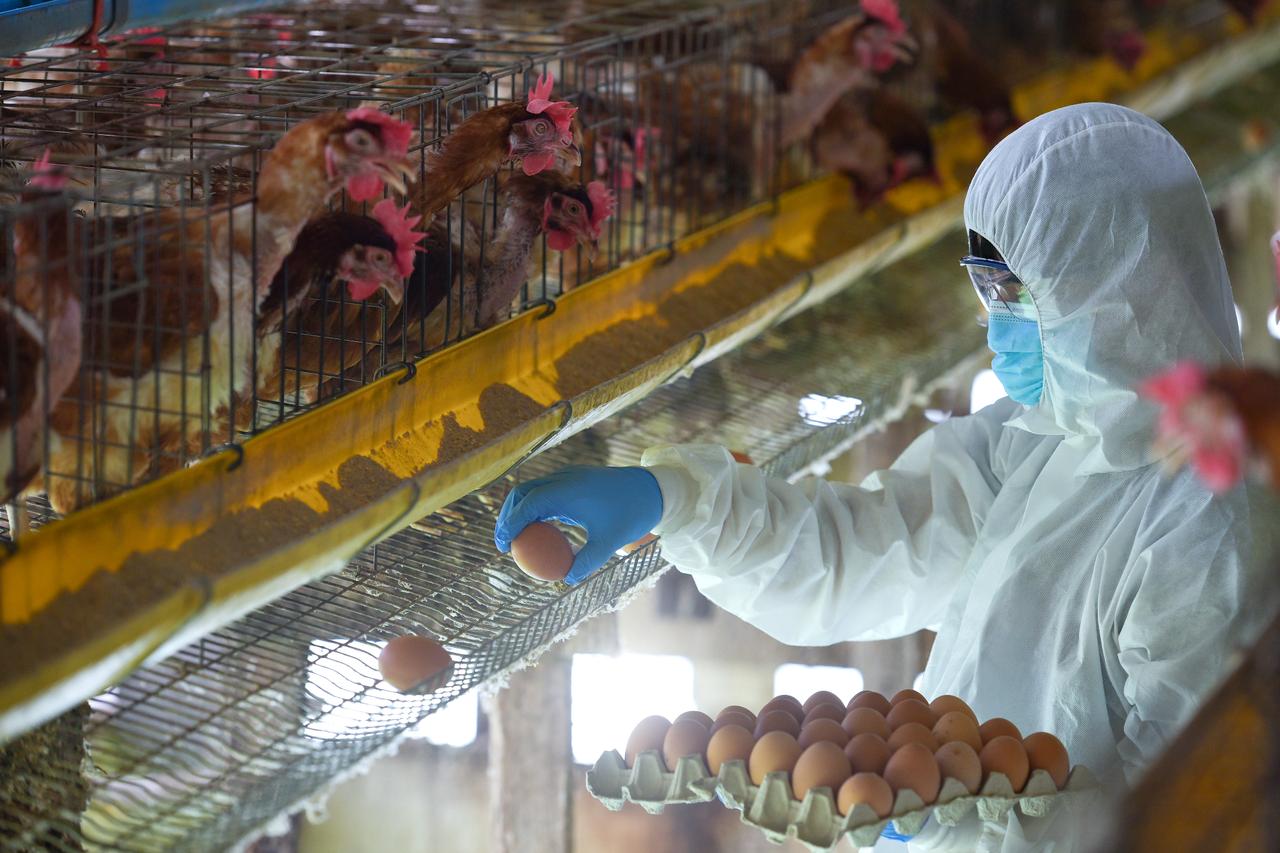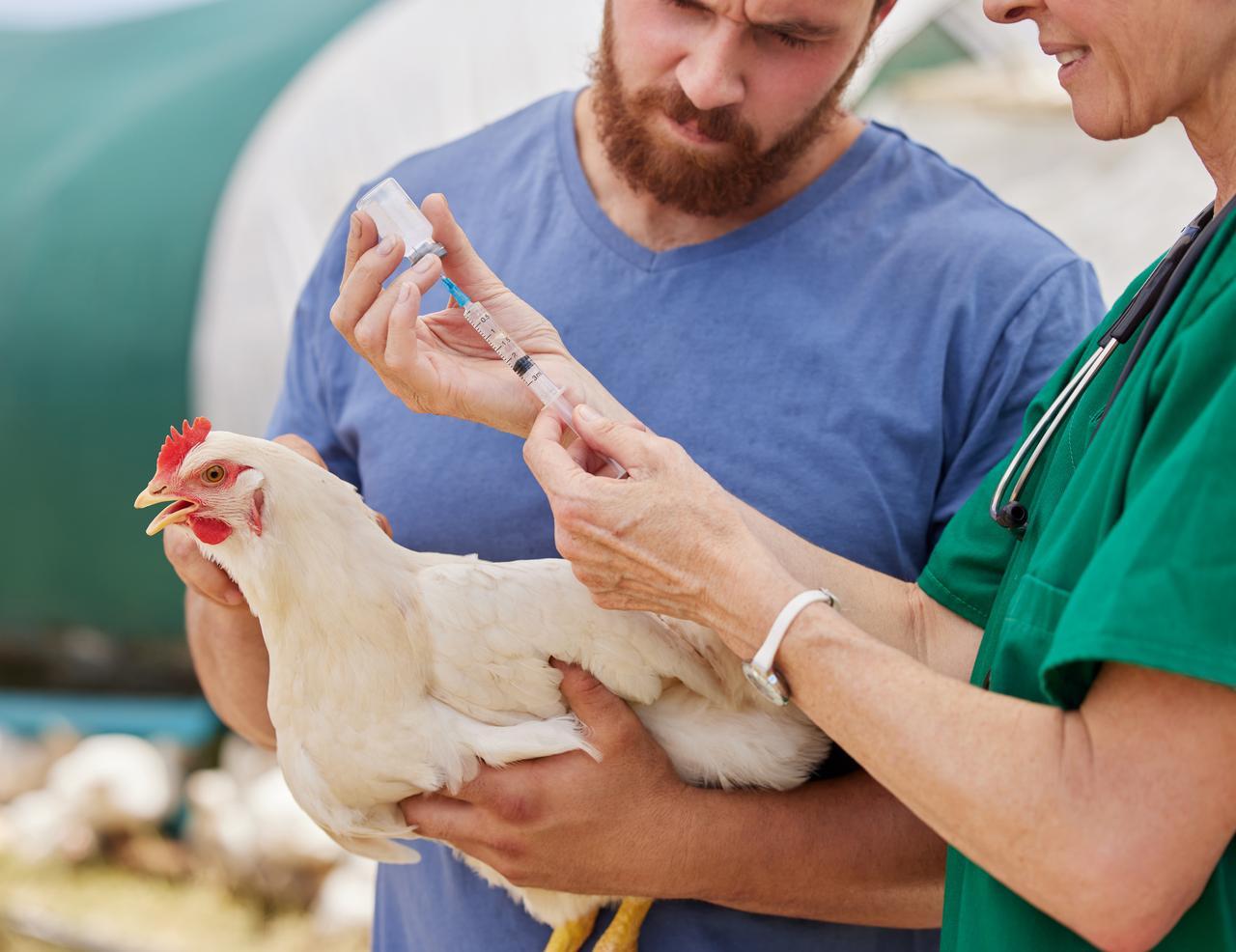
Türkiye’s egg producers increased their exports to the United States by 406% in the first eight months of 2025, as widespread bird flu outbreaks disrupted supplies across the U.S. market.
Türkiye earned $17.7 million from egg sales to the U.S. between January and August, compared with $3.5 million in the same period in 2024.
Overall, Türkiye exported eggs worth $238 million to 46 countries during this timeframe.
The sharp increase followed a bird flu outbreak in the U.S. that has affected more than 166 million poultry since 2022.
Millions of birds were culled, significantly reducing domestic production and pushing the country to seek imports from alternative suppliers, including Türkiye.
The U.S. Department of Agriculture had previously projected that egg prices would rise by 20% in 2025, compared with 2.2% for overall food prices.
Prices for farm-level eggs, such as those from pasture-raised or free-range chickens, were forecast to climb by 45% over last year.
In January 2025, the average price for a dozen large grade-A eggs in U.S. cities stood at $4.95, up nearly 20% from the previous month and 65% higher than in March 2024.
Despite the spike, U.S. authorities reported some stabilization later in the year. Wholesale egg prices fell 64% and retail prices dropped 27% from their peaks by June 2025, after nationwide biosecurity measures were strengthened.
To prevent supply shortages in the domestic market amid surging U.S. demand, the Turkish Trade Ministry had imposed a levy of $1.5 per kilogram on table egg exports in February, which was lifted in July after U.S. demand eased.

Bedri Girit, head of the Aegean Aquaculture and Animal Products Exporters’ Association, said Türkiye’s producers benefited from global shortages. He noted that while some countries faced bird flu outbreaks, Türkiye maintained a stable production of 23 billion eggs annually.
"Outbreaks emerge like waves depending on weather conditions. While some countries were hit, others, like Türkiye, remained unaffected. This allowed us to expand exports to markets such as the U.S. and the European Union," Girit said.
He pointed out that the U.S. and Brazil faced particularly severe cases, while at one point, 11 European countries reported simultaneous outbreaks, which contributed to Türkiye’s exports rising fourfold to the U.S. and nearly tripling to the European Union.

He added that exporters had reached notable volumes on a country basis, which he described as encouraging for the industry. According to Girit, the crisis also helped Türkiye enter new markets.
"In countries where we had not previously done business, or among buyers who were initially hesitant, people were introduced to Turkish eggs and recognized their quality. The number of export destinations has truly expanded."
"At the start, we were shipping eggs and poultry to only one country, beginning with Italy. Later, Greece, Spain, and others joined. Now, our products are also present in the streets of European Union countries," he said.